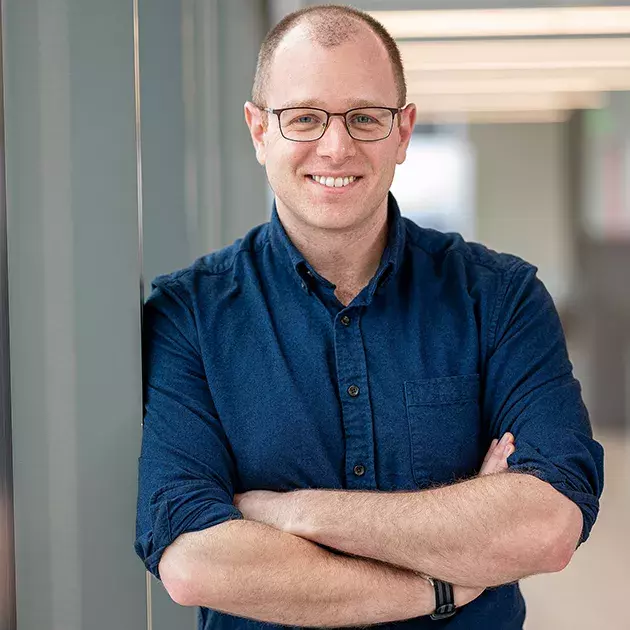Is it better to be right or first? New research by Robert Mislavsky explores the benefits of waiting for prognosticators.

Premature predictions: Why waiting can benefit forecasters
As a society, we yearn to get the inside track on future events, notes Robert Mislavsky, an assistant professor on the research track at Johns Hopkins Carey Business School. Will we have a snowier winter than usual? Will our favored home team go on to win the Super Bowl? Will stock prices rise over the next quarter?
Timing is a crucial component when it comes to making predictions and it’s an element that so far has gone under-researched, Mislavsky says. In a recent study published in The Journal of Experimental Psychology: General, he and colleague Celia Gaertig, of the Haas School of Business at the University of California, Berkeley, set out to explore whether forecasters derive benefit from making early predictions.
“Many people believe that they will be seen as more competent if they make accurate predictions far in advance of an event,” says Mislavsky. But the duo’s research paper, which consists of six separate studies involving predictions on subjects ranging from politics to sports to business to entertainment, discovered this assumption to be wrong. “In general, we found that you don’t get points for being early. The person who predicts the outcome of an election the week before is perceived just as well as someone who predicts it a year before,” he says.
No credit for luck
Perhaps even more surprising, the researchers found that predicting too early can pose a disadvantage: “When forecasters make a prediction far in advance of an event occurring, they are sometimes seen as less competent, even if their prediction turns out to be accurate,” Mislavsky says.
Why would early, accurate forecasters be penalized? People realize that events that are far in the future are less knowable and can be impacted by a wide variety of uncontrollable factors, he explains. Consider, for example, a Super Bowl that is five years off. Between now and then, a star player may retire or be traded. Or a team may be given an unexpectedly difficult schedule.
“Observers who intuit this may attribute correct, but premature, predictions to luck rather than the forecaster’s ability,” Mislavsky and Gaertig note in their paper. “This, in turn, could mean that observers will give forecasters less credit for making a correct prediction far in advance of an event.”
“In general, we found that you don’t get points for being early. The person who predicts the outcome of an election the week before is perceived just as well as someone who predicts it a year before."
Robert Mislavsky
Context matters
Mislavsky notes that there are some caveats to their findings, relating to the varying contexts of making predictions.
For instance, he says, “We find that if you are asked to make a prediction, rather than volunteering to make one, there is no penalty for making an early forecast.”
In addition, there are some instances in which short-term fluctuations are less likely to change the overall trend of an outcome, such as is the case with predicting population growth or global warming. For example, a climate scientist who predicts rising precipitation rates five years in advance, based on decades of rising water temperature data, will not be perceived as making a lucky guess in the way that a sports pundit would be for predicting a World Series champion several years out.
And for some people, Mislavsky notes, speculating about future events is meant to be a fun and enjoyable pastime. For these folks who enjoy knowing others’ predictions, there’s less concern about a forecaster’s competency, “possibly providing pundits with a financial incentive to make premature predictions,” he says.
What to Read Next

Article
Carey Business School makes prestigious list of “Schools to Watch” in 2024‘Getting it right’
Overall, however, Mislavsky and Gaertig say the key takeaway from their findings is that forecasters are generally not penalized for waiting to make a prediction until closer to an event, when there is more available information. And they run the risk of losing credibility by making predictions too early.
“If you are trying to maximize how competent people think you are, and maximize your probability of ‘getting it right,’ it does you good to wait,” says Mislavsky. “Making a prediction earlier won’t necessarily help — and it could hurt.”


